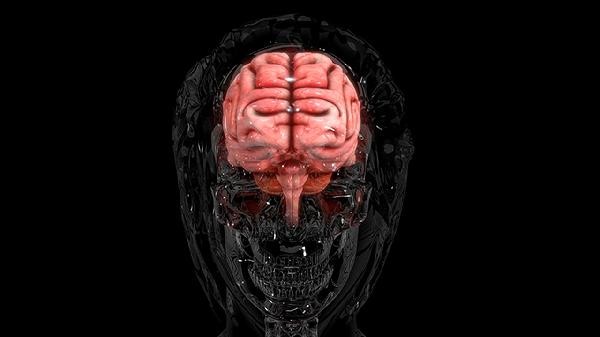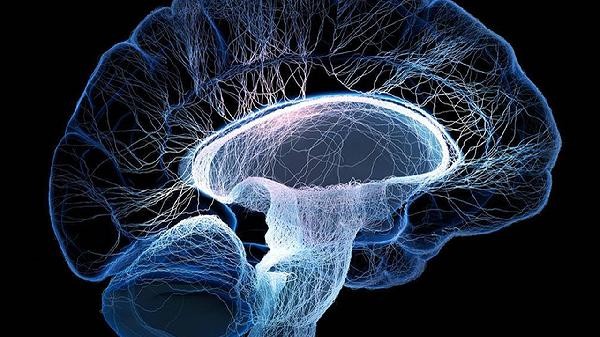The brain can usually recover from drowsiness by adjusting daily routines and improving sleep environments, which can help restore sleep drive. If there are long-term sleep disorders, they may be related to psychological factors such as anxiety and depression or physical illnesses. Short term sleep driving force deficiency is often caused by temporary factors. Excessive daytime sleep can reduce the need for nighttime sleep. It is recommended to control nap time within half an hour. Using electronic devices before bedtime can inhibit melatonin secretion, and stopping exposure to blue light one hour in advance can help generate drowsiness. Irregular sleep patterns can disrupt the biological clock, while fixed wake-up times can strengthen sleep rhythms. Temporary insomnia caused by stressful events can be relaxed through mindfulness breathing. Excessive intake of caffeine or prolonged wakefulness after dinner should be avoided, and drinks containing caffeine should be avoided after 3 pm in the afternoon. Chronic insomnia lasting for more than three months requires attention to potential triggers. Endocrine diseases such as hyperthyroidism can lead to metabolic hyperactivity and affect sleep, and hormone levels need to be checked. Chronic pain related diseases can interfere with sleep when nighttime symptoms worsen, and treatment should be targeted at the underlying disease. Antidepressants and other medications may cause changes in sleep structure, and it is necessary to consult a doctor to adjust the medication plan. Frequent micro awakenings caused by sleep apnea syndrome can reduce sleep quality and require multi-channel sleep monitoring. Depression and other mental disorders often accompany early awakening symptoms, and psychological therapy combined with medication intervention is more effective. Establishing a conditioned reflex between bed and sleep is key to restoring the driving force of sleep. Only go to bed when you feel sleepy and avoid activities unrelated to sleep. Wake up on time in the morning regardless of sleep duration, gradually accumulating sleep stress. The bedroom should be kept dark and quiet, with a temperature controlled at around 20 degrees Celsius. Bedtime warm water bath induces drowsiness through changes in body temperature, but the water temperature should not exceed 40 degrees Celsius. In the short term, non benzodiazepine sleep aids such as dexmedetomidine can be used according to medical advice, but long-term dependence should be avoided. If insomnia persists for more than two weeks, it is recommended to seek medical attention at a sleep specialist and, if necessary, undergo cognitive-behavioral therapy.











Comments (0)
Leave a Comment
No comments yet
Be the first to share your thoughts!